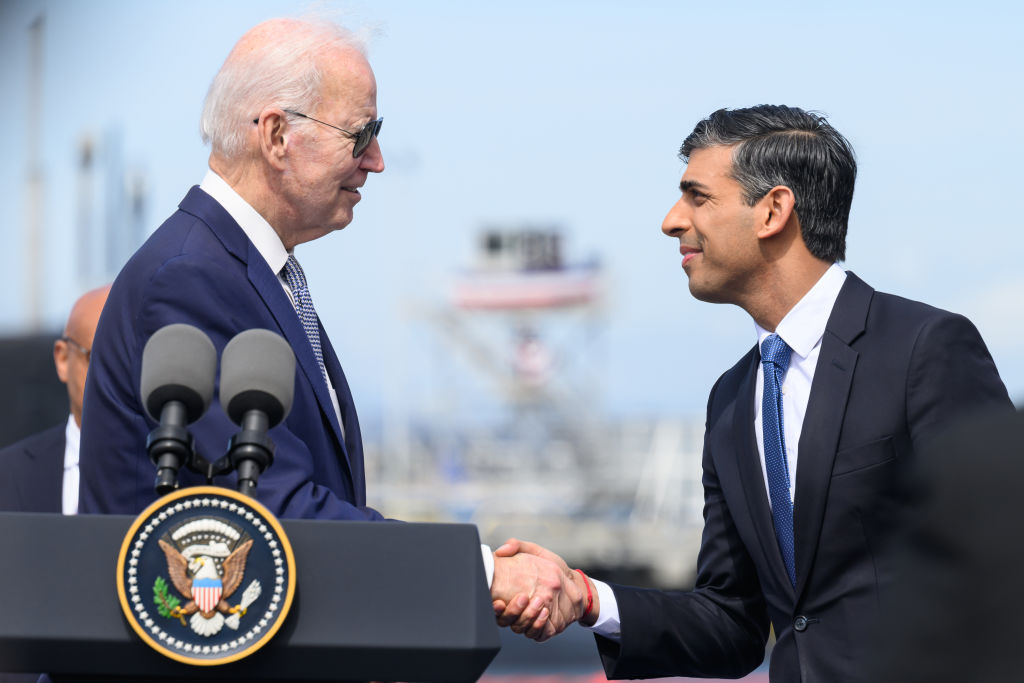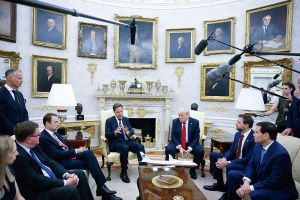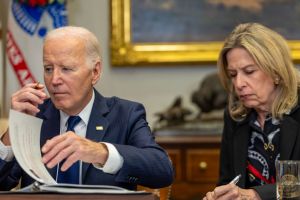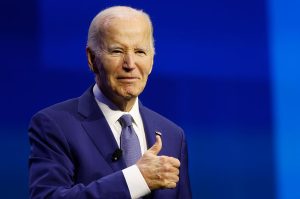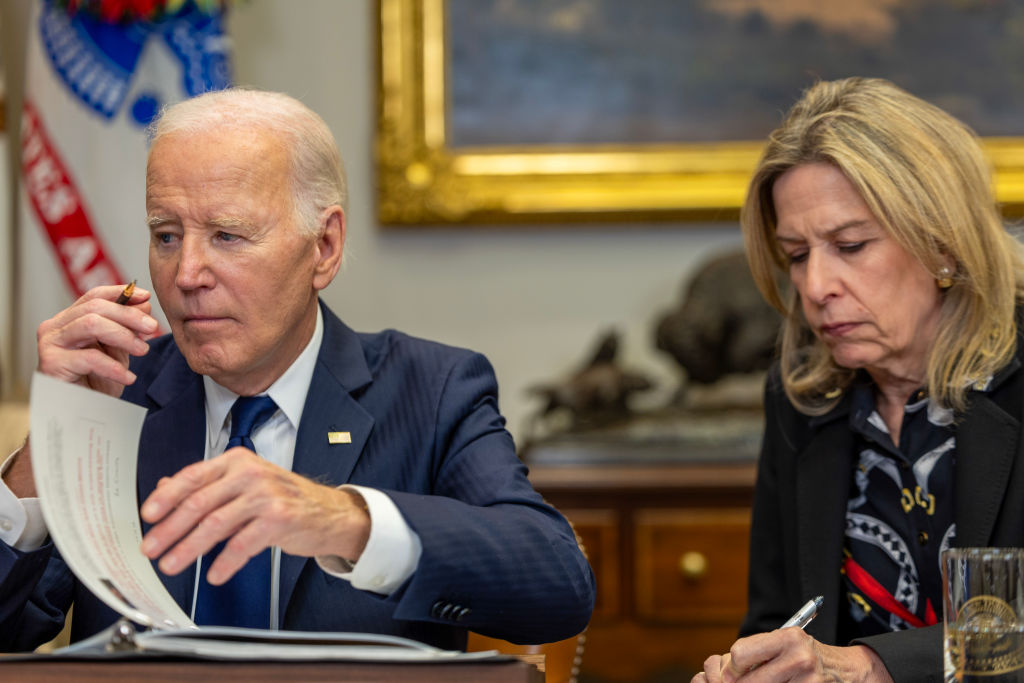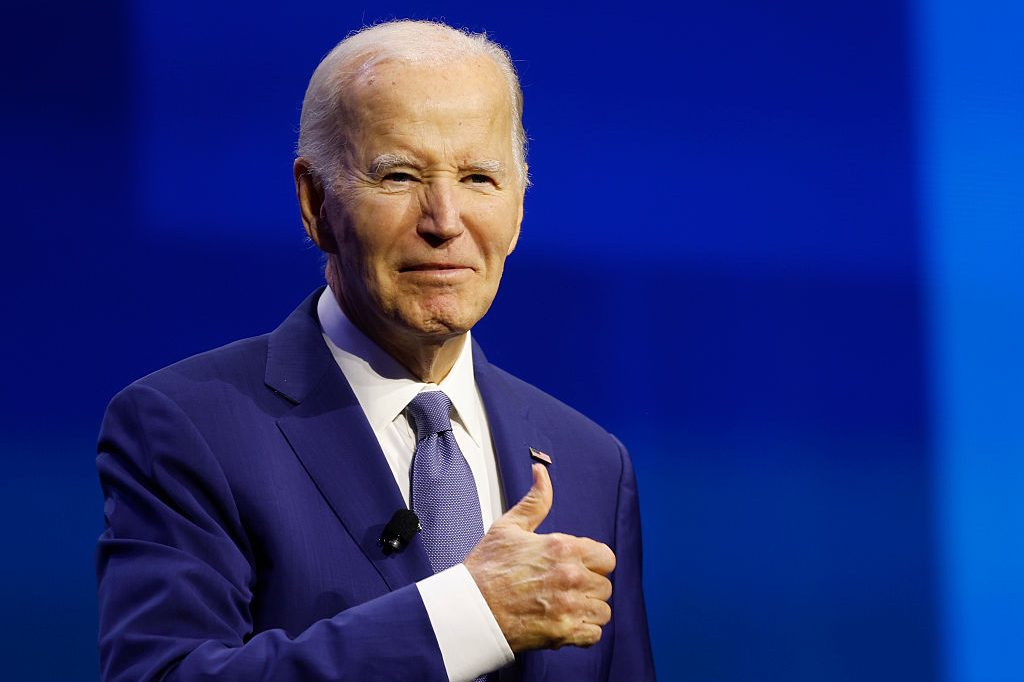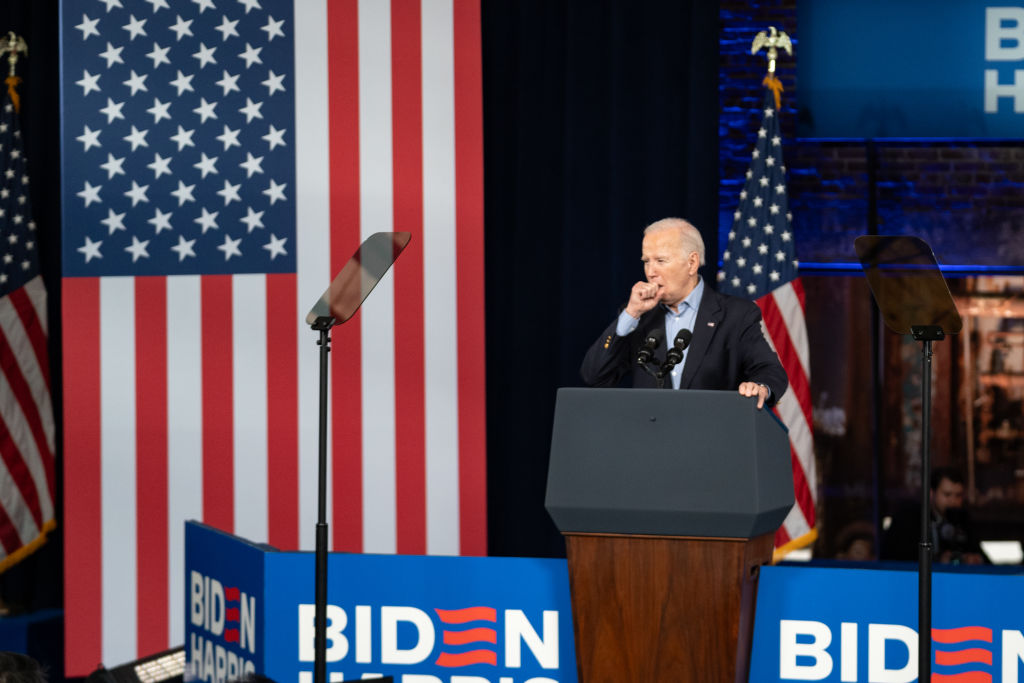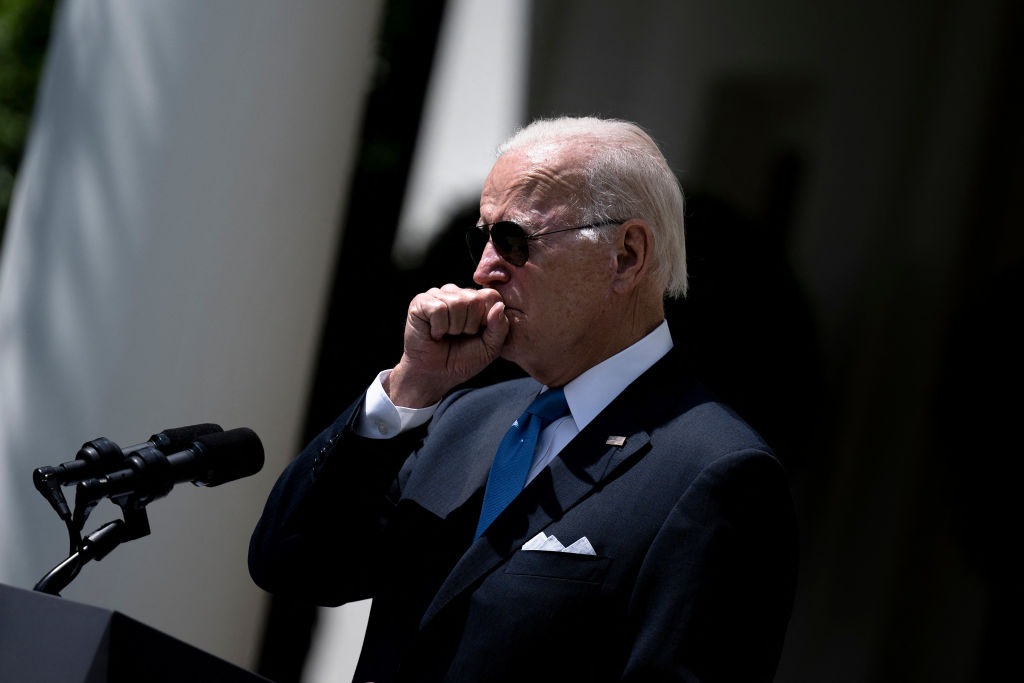As Rishi Sunak faces concern at home that his five priorities are slipping out of reach, he is flying to Washington tonight for another foray on the world stage. The British prime minister will spend two days in the US where he will meet President Joe Biden for his first bilateral in America (and the fifth since he entered No. 10). While Boris Johnson made his dislike of the phrase “special relationship” well known, Sunak has so such qualms — though one government aide suggests that it still may not appear in his lexicon: the prime minister prefers instead to refer to America as the UK’s greatest ally. While the Windsor Framework, the renegotiated Northern Ireland Protocol, angered some members of the European Research Group, it has helped to put Sunak’s relationship with Biden in a more constructive place than with his two predecessors.
On the agenda for the talks is a mix of topics including trade and security
On the agenda for the talks is a mix of topics including trade, security — and a push to make UK defense secretary Ben Wallace the next secretary-general of NATO. However, top of the list is artificial intelligence. Over the past two weeks, there have been reports that the UK government is looking to play a leading role in regulating AI, with Sunak growing concerned about the threat it could pose, following a series of meetings last month with leaders in the field. A white paper on the topic — from just two months ago — is already viewed as out of date within government.
Some ideas on the table include a joint UK/US conference on artificial intelligence, a global AI regulatory body and a “CERN for AI,” modeled on the international particle physics project, allowing for international research on the topic. Is this policy that will have little immediate effect in the UK? The calculation in government is that work on artificial intelligence is not just important in the event of the technology posing a threat: it also could offer a domestic win. If voters are concerned about the threat AI poses to livelihoods, the leader who looks best placed to handle it could reap the rewards.
This article was originally published on The Spectator’s UK website.



